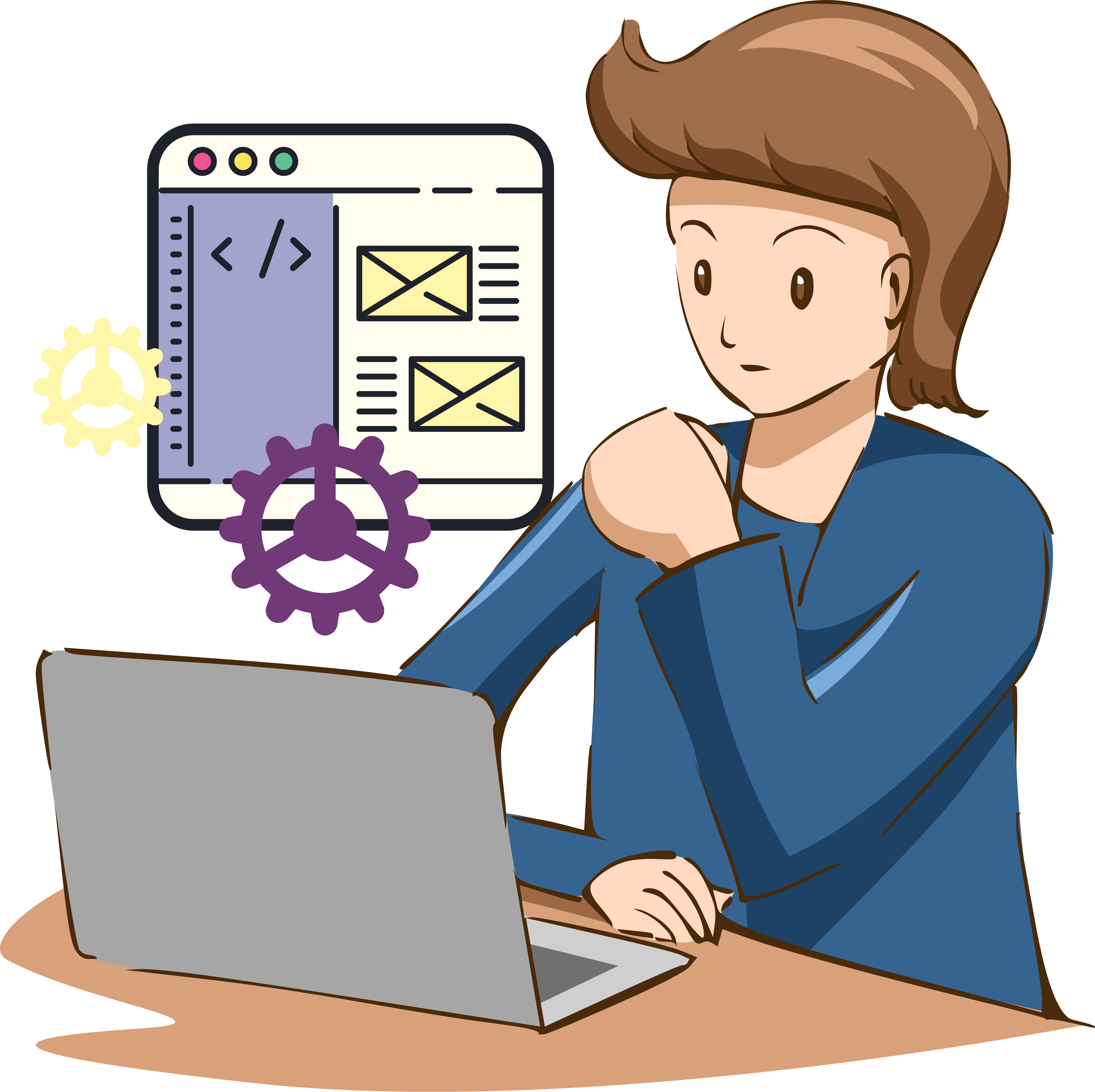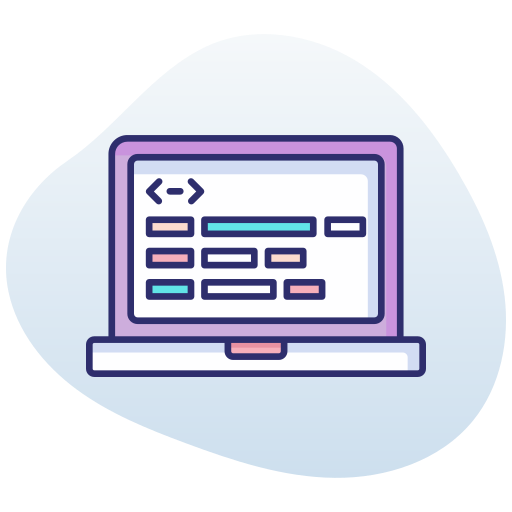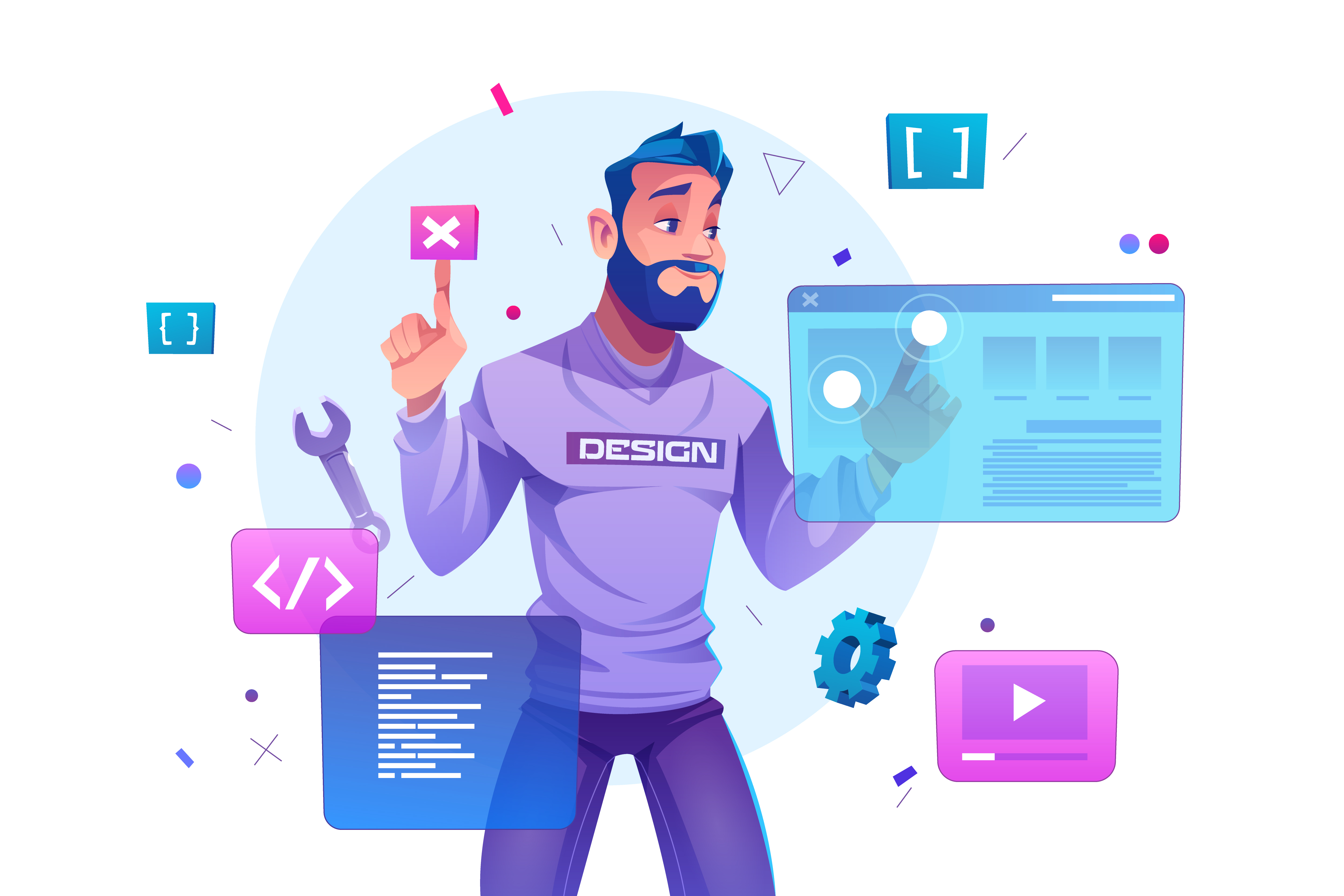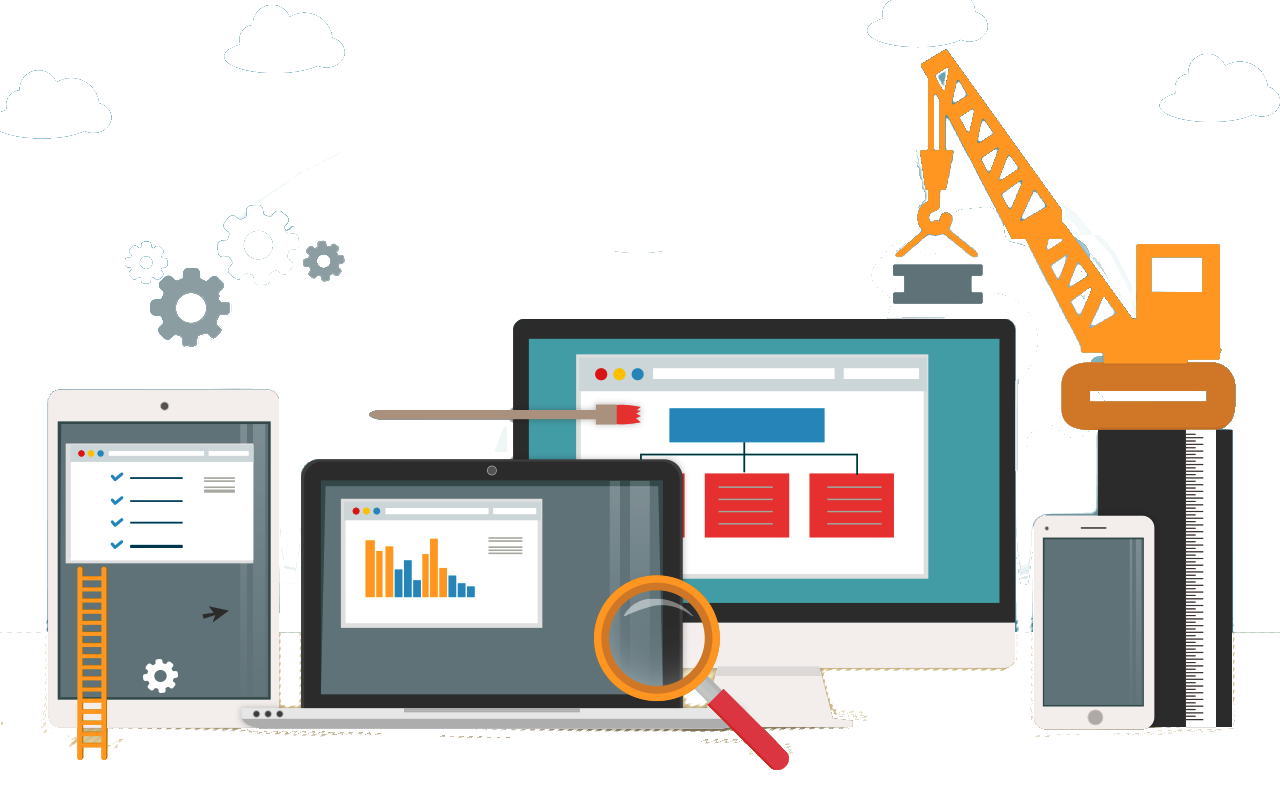A comprehensive roadmap to building a successful career in front-end development, covering essential skills, tools, and growth opportunities
Frontend developers are the architects of user experience, responsible for everything users see and interact with on websites and web applications. They bridge the gap between design and technology, transforming visual designs into functional, interactive experiences that work seamlessly across devices and browsers.
This role combines technical programming skills with creative problem-solving and attention to detail. Frontend developers must understand both the technical capabilities of web browsers and the human psychology of user experience to create interfaces that are not only beautiful but also intuitive and accessible.
Modern frontend development extends far beyond simple web pages. Today's frontend developers build complex single-page applications, progressive web apps, and interactive dashboards that rival native desktop and mobile applications in functionality and performance.
Professional frontend developers go beyond basic HTML tags to master semantic markup that improves accessibility and SEO. They understand how to structure complex layouts using modern HTML5 elements like header, nav, main, section, and footer.
Advanced HTML skills include creating accessible forms with proper labeling and validation, implementing microdata for rich search results, optimizing images with responsive techniques, and understanding how HTML structure affects performance and maintenance.

Modern frontend development requires deep JavaScript knowledge, from ES6+ syntax and features to asynchronous programming with Promises and async/await. Frontend developers must understand DOM manipulation, event handling, and how to create smooth, responsive user interactions.
Advanced JavaScript topics include module systems for code organization, debugging techniques using browser developer tools, performance optimization strategies, and understanding how JavaScript engines work to write efficient code.
React is the most popular frontend library, developed by Facebook and used by companies like Netflix, Airbnb, and Instagram. React focuses on building user interfaces through reusable components and manages application state efficiently through its virtual DOM system.
Learning React involves understanding JSX syntax, component lifecycle methods, hooks for state management, and the broader ecosystem including React Router for navigation and popular state management libraries like Redux or Zustand.
Vue.js is known for its gentle learning curve and excellent documentation, making it popular among developers transitioning from jQuery or vanilla JavaScript. Vue combines the best features of React and Angular while maintaining simplicity and flexibility.
Vue's ecosystem includes Vue Router for single-page applications, Vuex for state management, and Vue CLI for project scaffolding. The framework's template syntax is similar to HTML, making it accessible for developers with strong HTML and CSS backgrounds.


.png)
Frontend developers typically start as junior developers, focusing on implementing designs and learning core technologies. As they gain experience, they progress to mid-level roles where they take on more complex features and begin mentoring newer developers.
Senior frontend developers lead technical decisions, architect complex applications, and often specialize in areas like performance optimization, accessibility, or specific frameworks. Many senior developers eventually move into roles like technical lead, frontend architect, or engineering management.
Frontend development offers excellent career prospects with strong demand across industries. Companies of all sizes need frontend developers to create and maintain their web presence, from startups building their first product to established enterprises modernizing legacy applications.
Remote work opportunities are abundant in frontend development, as the work can be done anywhere with a good internet connection. This global job market means frontend developers can work for companies worldwide while enjoying competitive salaries and benefits.


The frontend development community is known for sharing knowledge freely. Start with official documentation for HTML, CSS, and JavaScript from MDN Web Docs, which provides comprehensive and accurate information about web technologies.
For interactive learning, platforms like freeCodeCamp, Codecademy, and Frontend Mentor offer hands-on projects that build real skills. YouTube channels like Traversy Media and The Net Ninja provide excellent free tutorials on modern frontend technologies.
Join communities like the Frontend Development subreddit, Frontend Developer Discord servers, and local meetup groups to connect with other developers, ask questions, and stay updated on industry trends and opportunities.